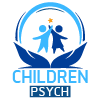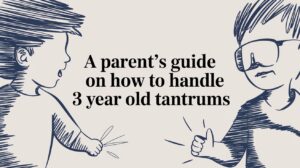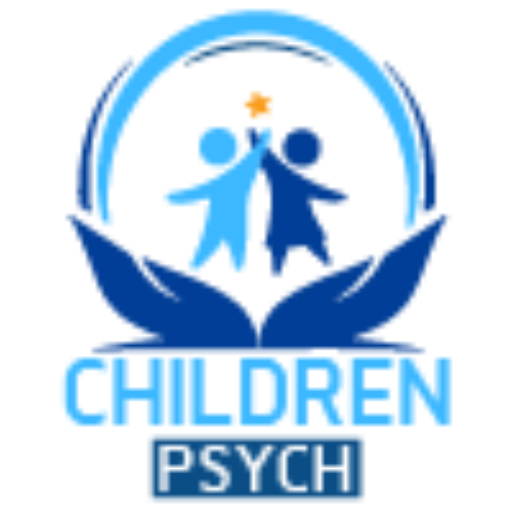Depression is a serious mental health condition that can affect people of all ages, including children. Unfortunately, depression in children is often overlooked or misdiagnosed because it can manifest differently than it does in adults. If left untreated, depression can have long-term effects on a child’s mental and physical health, so it’s important to know the signs of depression in children.
Here are some common signs of depression in children:
- Persistent sadness or irritability: Children who are depressed may seem sad or irritable most of the time, and they may cry easily or seem to be in a bad mood.
- Loss of interest in activities: Children who are depressed may lose interest in activities they used to enjoy, such as playing with friends or participating in sports or hobbies.
- Changes in appetite: Children who are depressed may have a decreased appetite or overeat, leading to significant changes in weight.
- Difficulty sleeping: Children who are depressed may have trouble falling asleep, staying asleep, or waking up too early in the morning.
- Fatigue or loss of energy: Children who are depressed may seem tired or lack energy, even if they haven’t been physically active.
- Difficulty concentrating or making decisions: Children who are depressed may have trouble concentrating in school or making decisions about everyday tasks.
- Feelings of worthlessness or guilt: Children who are depressed may feel like they are not good enough or that they have done something wrong, even if they haven’t.
- Thoughts of death or suicide: Children who are depressed may talk about death or suicide, or they may engage in self-harm behaviors.
- Social withdrawal: Children who are depressed may avoid social situations or become more isolated from friends and family.
- Physical complaints: Children who are depressed may complain of physical symptoms such as headaches, stomachaches, or muscle aches, which do not have a clear physical cause.
- Behavioral changes: Children who are depressed may exhibit changes in behavior, such as becoming more aggressive, acting out, or engaging in risky behaviors.
- Poor performance in school: Children who are depressed may have difficulty concentrating and may experience a decline in academic performance.
- Low self-esteem: Children who are depressed may have negative thoughts about themselves and their abilities, and may express a lack of confidence in themselves.
- Increased sensitivity to criticism: Children who are depressed may be more sensitive to criticism or rejection, and may take it more personally than other children.
If you notice any of these signs in your child, it’s important to seek help from a mental health professional. Depression can be treated with therapy, medication, or a combination of both, and early intervention can improve your child’s chances of a successful recovery.
It’s also important to create a supportive and understanding environment for your child. Let them know that it’s okay to feel sad or upset sometimes and that you’re there to listen and help them through it. Encourage them to talk about their feelings and offer to help them find resources to cope with depression.
In conclusion, identifying signs of depression in children can be challenging, but it’s important to be aware of the signs and seek help if needed. With proper treatment and support, children with depression can lead happy, healthy lives.




